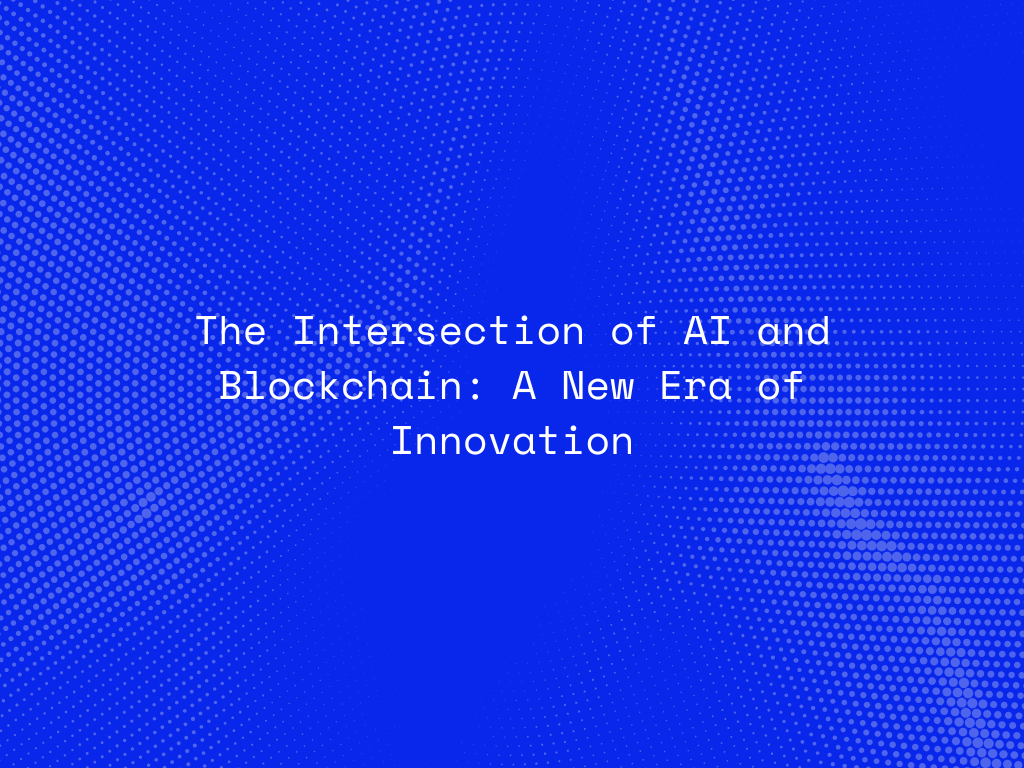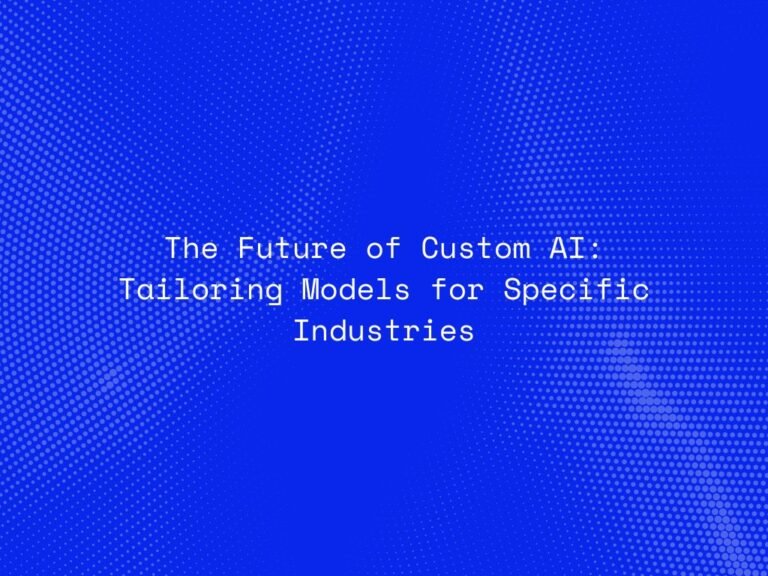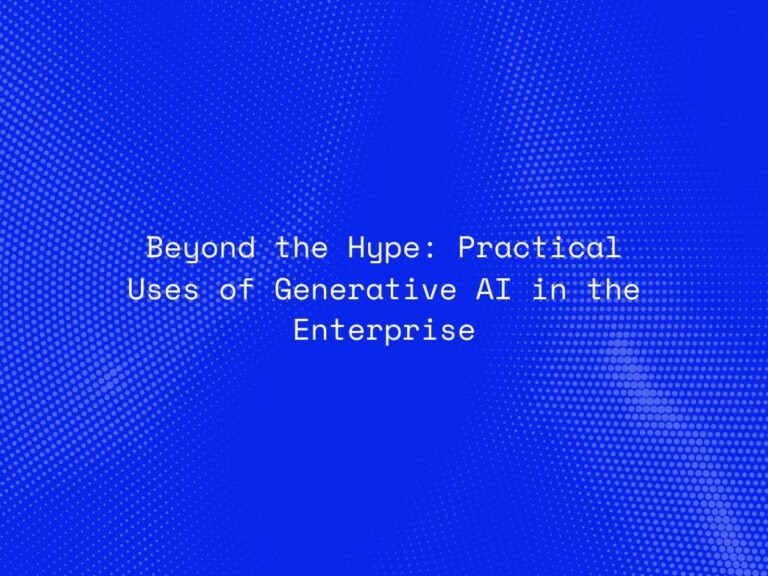The convergence of two transformative technologies—Artificial Intelligence (AI) and Blockchain—is ushering in a new era of innovation. While AI excels at analyzing data, learning patterns, and making predictions, blockchain ensures secure, transparent, and immutable record-keeping. Together, they form a powerful synergy, redefining industries and solving some of today’s most complex challenges. This blog explores how the fusion of AI and blockchain is reshaping the technological landscape.
How AI and Blockchain Complement Each Other
Enhanced Data Security for AI Models:
- Blockchain’s decentralized architecture secures data used in AI training, reducing risks of tampering and breaches.
- Ensures transparency in AI decision-making by maintaining auditable logs on immutable ledgers.
Efficient Data Sharing:
- Blockchain enables secure, decentralized data marketplaces for AI systems, providing diverse and high-quality datasets.
- Facilitates data-sharing agreements with privacy-preserving mechanisms, essential for industries like healthcare and finance.
Smart Contracts for Autonomous AI Systems:
- AI-driven smart contracts automate processes and execute agreements without human intervention.
- Examples include dynamic pricing models and decentralized insurance claims.
Tokenization of AI Models and Services:
- Blockchain allows the monetization of AI solutions through token-based ecosystems, enabling developers to license or sell AI models securely.
Real-World Applications of AI and Blockchain Integration
Healthcare Revolution:
- Securely store and share medical records using blockchain while leveraging AI for diagnosis and treatment recommendations.
- Use decentralized AI networks to analyze genomic data, unlocking personalized medicine opportunities.
Supply Chain Transparency:
- Blockchain tracks the movement of goods, while AI predicts demand, optimizes routes, and detects anomalies in real time.
- Ensure ethical sourcing by validating supplier authenticity through blockchain records.
Financial Services:
- AI models detect fraudulent activities, while blockchain ensures secure and transparent financial transactions.
- Decentralized finance (DeFi) systems powered by AI offer personalized investment strategies and lending options.
Energy and Sustainability:
- Blockchain facilitates peer-to-peer energy trading, while AI optimizes energy distribution and consumption.
- Track carbon credits and monitor environmental impact with blockchain-verified data.
Intellectual Property (IP) Protection:
- Use blockchain to verify ownership of AI-generated content, ensuring creators receive proper recognition and compensation.
Benefits of AI-Blockchain Integration
Enhanced Trust and Transparency:
Blockchain’s transparency ensures AI decisions and data are traceable, building trust among users and stakeholders.Improved Data Quality:
Decentralized data storage ensures AI systems access high-quality, tamper-proof datasets for better decision-making.Decentralized Intelligence:
Combine blockchain’s distributed nature with AI’s capabilities to build decentralized AI networks, reducing reliance on centralized entities.Scalable Monetization:
Tokenization enables creators to monetize AI solutions on blockchain platforms, fostering innovation and collaboration.
Challenges in AI and Blockchain Integration
Scalability:
- Blockchain’s inherent limitations in transaction speed may slow down AI applications requiring real-time data processing.
Energy Consumption:
- Both AI and blockchain can be resource-intensive. Solutions like energy-efficient consensus mechanisms and AI optimization are essential.
Regulatory Hurdles:
- The dual complexity of AI and blockchain poses challenges for regulatory compliance, especially in sectors like finance and healthcare.
Interoperability:
- Seamless integration between AI and blockchain systems requires robust frameworks and protocols.
The Road Ahead: Trends in AI-Blockchain Synergy
Decentralized AI Models:
Blockchain will enable secure, distributed AI systems that democratize access to AI capabilities.AI-Driven Governance Models:
Decentralized autonomous organizations (DAOs) powered by AI will streamline decision-making processes.Integration with IoT and Edge Computing:
AI and blockchain will power IoT ecosystems, ensuring secure, real-time data processing at the edge.Sustainability Initiatives:
Use AI and blockchain to track and optimize sustainable practices across industries.
Conclusion:
The intersection of AI and blockchain marks a pivotal moment in technological evolution, unlocking new possibilities for innovation, security, and efficiency. By addressing current challenges and embracing future opportunities, this synergy has the potential to revolutionize industries and drive global progress. As businesses and developers continue to explore this convergence, the next wave of breakthroughs is just around the corner.




